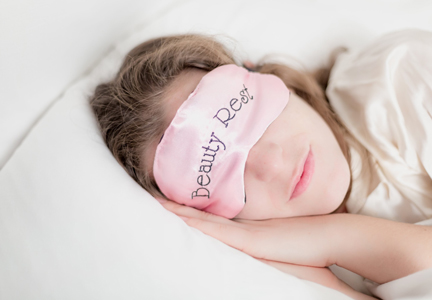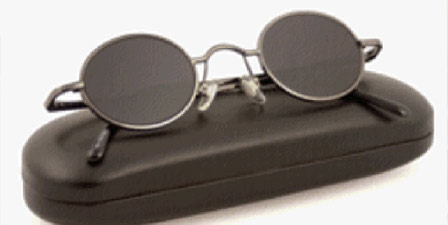
By Samantha Ramcharran, LO
If you are anything like me and the pandemic interrupted your patients’ routine eye exams, here’s what to tell them. Take extra care of yourself and those precious eyes. This ongoing pandemic is scary and staying safe indoors and avoiding non-essential travel are your best options. For those who are currently not working, this is the perfect time to do the things you’ve “never had time for.” Now is your prime time to practice getting a good night’s sleep. Your eyes will thank you as you relax, especially if you have poor sleeping habits. Lack of sleep causes eye strain, dryness, or itchiness throughout the day, and when your eyes are affected, your vision will be too. Dodge the television and the celebrity news on your phone and get at least seven hours of sleep to allow replenishment of tears to keep eyes hydrated all day.
To essential workers first of all, thank you for your hard work during this difficult time! Remember to be cautious and wash your hands before touching your face, phone, and food. Stay ahead of the game by taking proper care of your eyewear. Ever take a moment to think about how many times you touch your face and eyeglasses in a day? Clean your glasses frequently with light soap and water: preferably morning, afternoon, and night. Our fingers contact hundreds of thousands of germs throughout the day. Be sure to wash them away during a trip to the restroom. Contact lens wearers may benefit from rewetting drops as they provide moisture for dry and tired eyes. Always wash your hands before insertion and removal of your lenses AND rinse cases/lenses after use. Do not recycle contact solution or go beyond the replacement dates of your lenses. Contacts can attract proteins that build up through daily wear. If you have disposable contacts throw them out after their wear cycle. The risk of infection and lack of oxygen to the cornea can create serious complications.
Let’s dive deeper for long-term fundamental habits to incorporate into your lifestyle immediately:
- Everyone needs to wear sunglasses and sunscreen. As ECPs, it’s a priority that we help patients understand the importance of how harmful the sun is to unprotected skin and eyes.
- Exercise. Let’s face it, you most likely have some extra time on your hands right now. Regular exercise helps to lower risk of hypertension and diabetes. These diseases can damage blood vessels in the back of your eyes resulting in irreversible damage to vision.
- Take time during your breaks to stay hydrated by drinking plenty of water. Snack on nuts or carrots to maintain healthy eyes. Healthy wholesome foods promote overall wellness and nourish organs such as the eyes.
- Train yourself and be mindful of little details such as how many times you reach for your bacteria-filled phone without disinfecting, washing your hands thoroughly to get under fingernails, or standing way too close to someone.
- Rest your eyes from your digital devices throughout the day. Although we’ve become accustomed to reading from our electronics, it’s gratifying to pick up a book occasionally to limit blue light exposure from devices. Leave your devices to charge, walk away and practice the 20/20/20 rule as well! (After looking at a screen for 20 minutes, focus on something 20 feet away for 20 seconds.)
Consider these tips as codes to live by. Your eyes work SO hard accommodating and absorbing light rays from the environment, not to mention the constant stress of life itself. As healthcare workers, we urge everyone to develop a mindset of consistent self-care.
If you happen to run out of contacts or break an existing pair of glasses and “never got around” to getting an updated eye exam in 2019 or the beginning of this year, break out the back-up pairs you should have handy. We understand secondary pairs can get expensive and if you have absolutely nothing to wear, find out if your local eyeglass business is open for emergency services. Remember that opticians are in the business of eyecare and healthcare. We are here for YOU. During this pandemic, we ask you to limit your exposure to reduce your risk of contracting coronavirus. Be safe out there by doing your part: wearing masks, practicing proper hygiene, and staying home for us while we work for you.
Learn more about the causes of digital eyestrain and how accommodative stress can produce a variety of symptoms with our CE, Our Eyes Weren’t Made for Screens, at 2020mag.com/ce.













